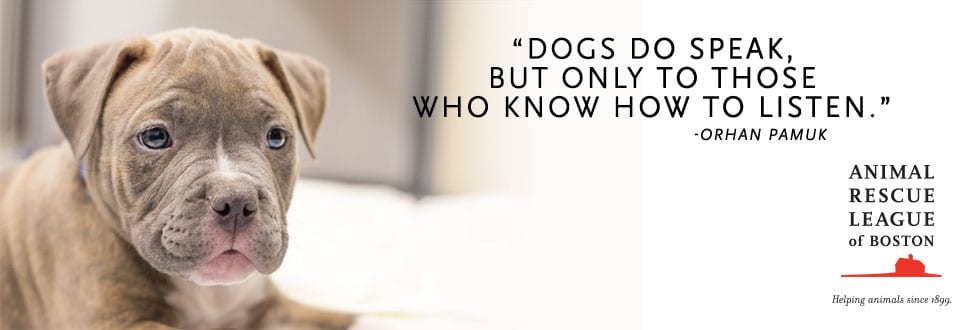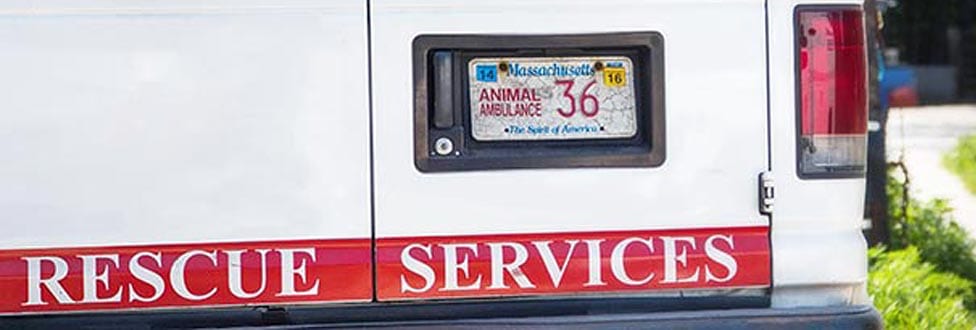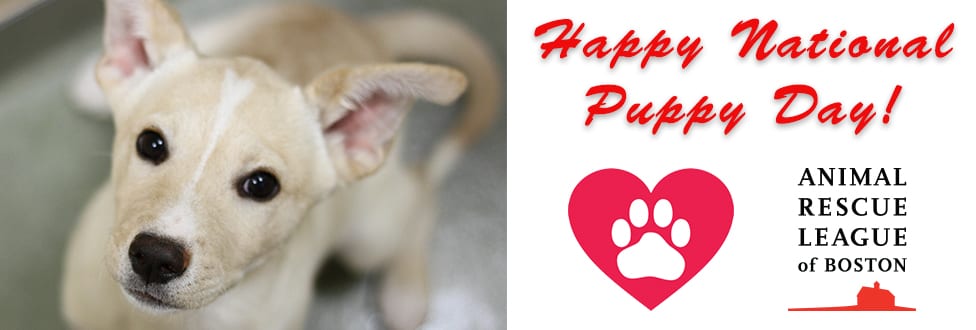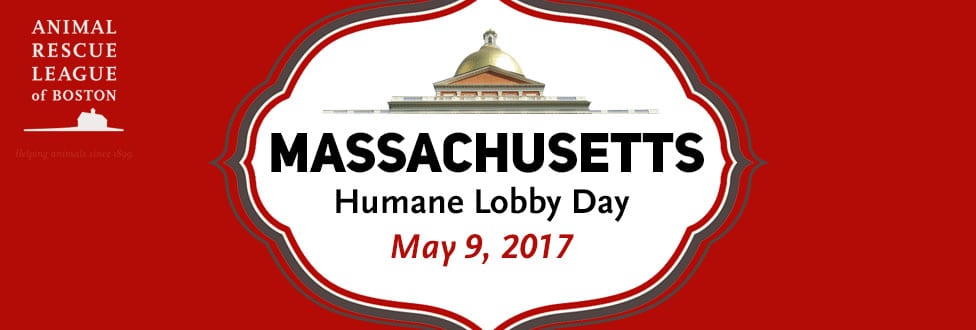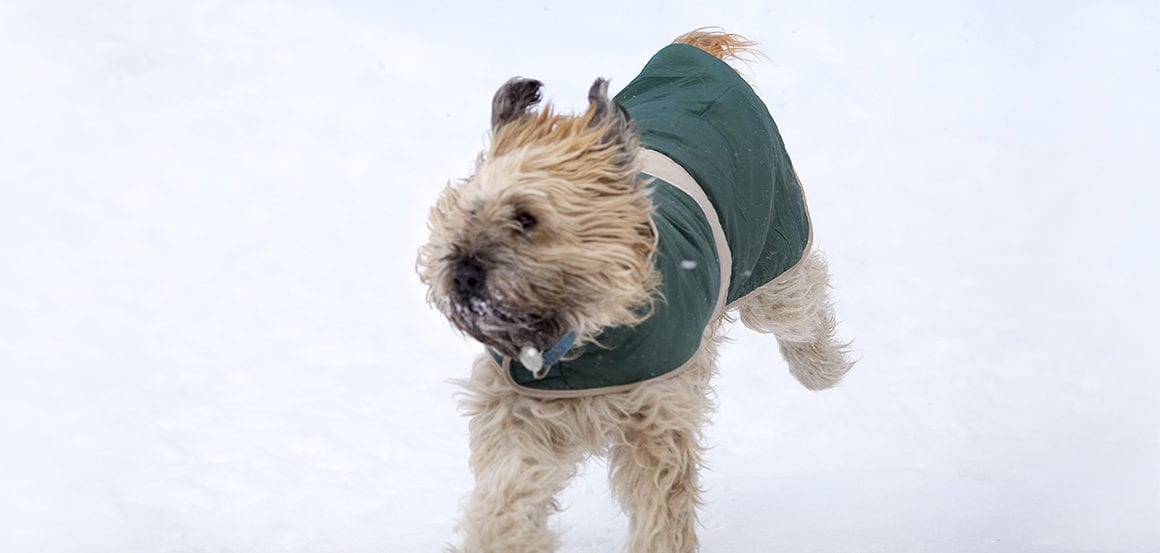Bruins Make Off-Day Visit to ARL
RW David Backes Shows Passion for Animal Welfare
As the Boston Bruins continue to prepare for a playoff run, this week several players took some time during an off-day to visit the Animal Rescue League of Boston’s (ARL) Boston shelter and showed that while tough on the ice, RW David Backes, RW Drew Stafford, Defensemen Torey Krug and Colin Miller have a soft spot when it comes to animals.
During the players’ visit which included Backes’ wife Kelly, they toured ARL’s Boston shelter, cuddled up with number of our animals looking for their forever homes, and learned more about ARL’s programs and services.
“Being relatively new to Boston, it was great meeting the animals and staff, I was very impressed with the work that’s being done (at ARL); it was wonderful learning more about the Animal Rescue League (of Boston),” said Kelly Backes.
For the Backes’, animal welfare has been a passion for more than a decade, culminating with the formation of Athletes for Animals, an organization that unites athletes for a common cause.
“As athletes we have a public platform and because animals are a passion for my wife and I, I wanted to use that platform to educate and inform as many people as possible about animal welfare,” said Backes.
With a number of rescue animals already at home, David is the go-to guy in the locker room for teammates with animal questions, and as seen with this week’s visit to ARL, he’s sharing his compassion with fellow Bruins and able to demonstrate the life-changing magic that comes with helping an animal in need.
Get Involved
You too can be a champion for animals, and you don’t have to have puck-handling skills or even be able to skate backwards to do so! From volunteering, fostering or donating (just to name a few), there are many ways to help ARL fulfill its vision to keep animals safe and healthy in the communities where they live. Click here to get involved!
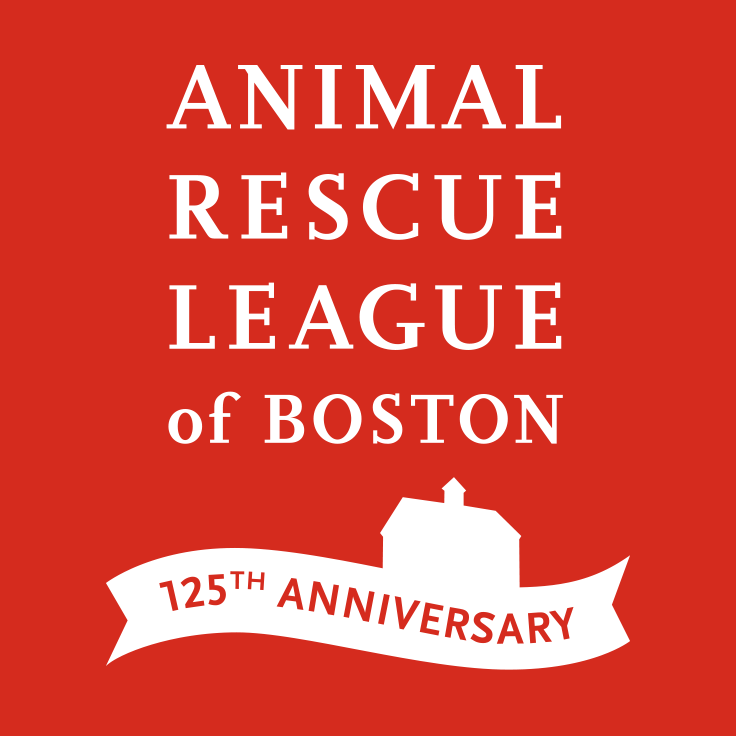
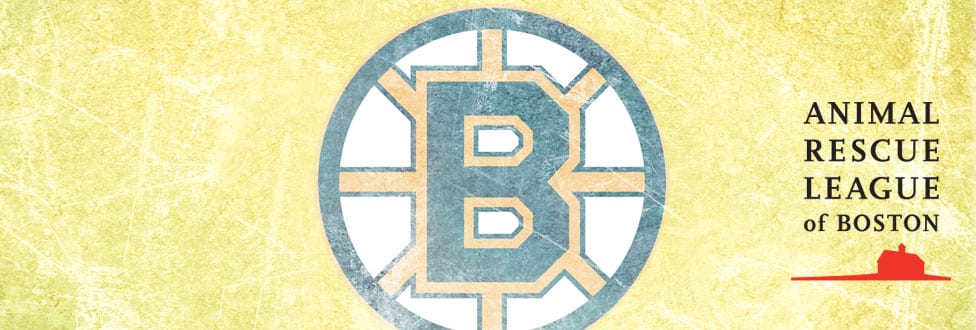
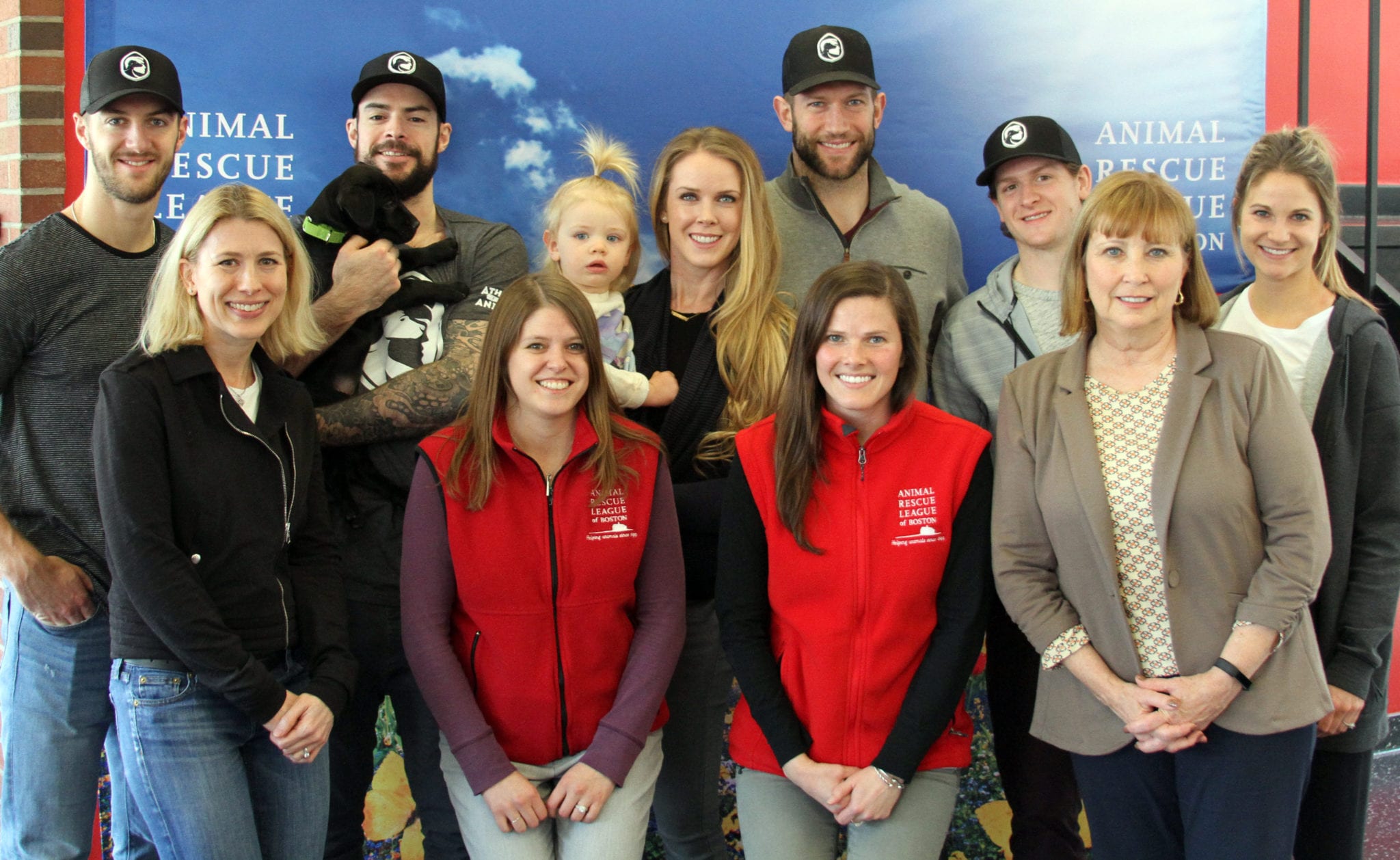
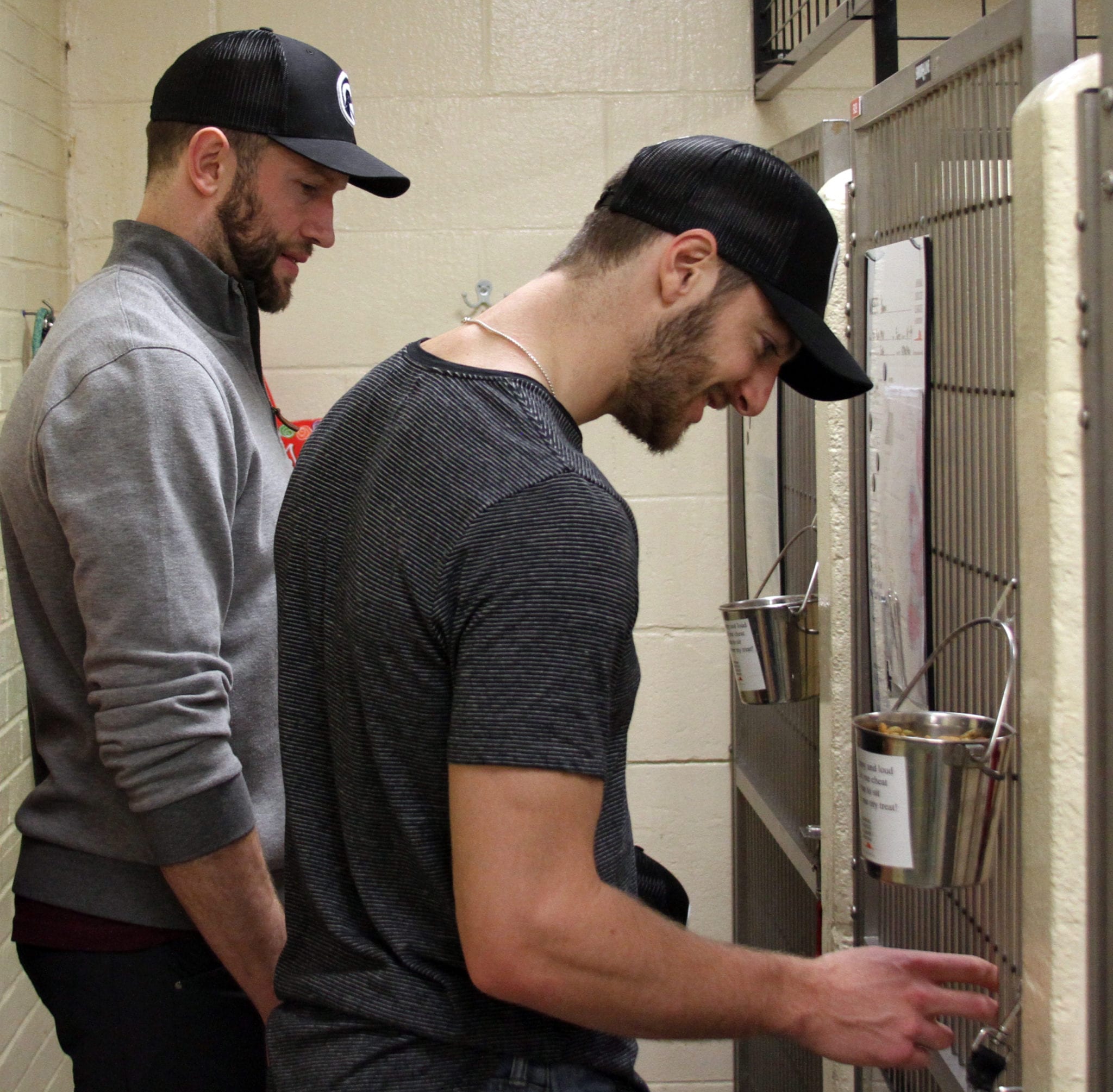
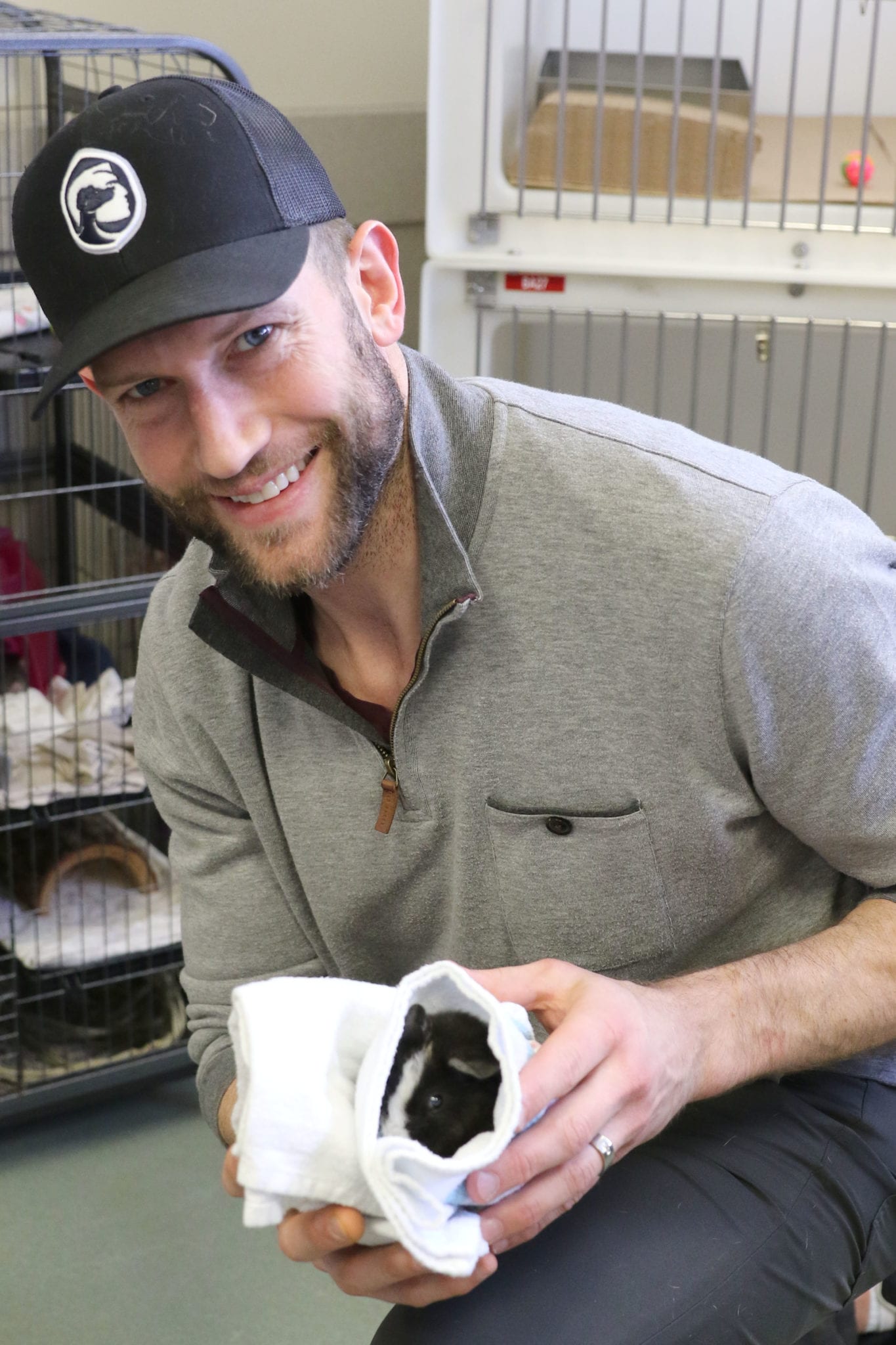
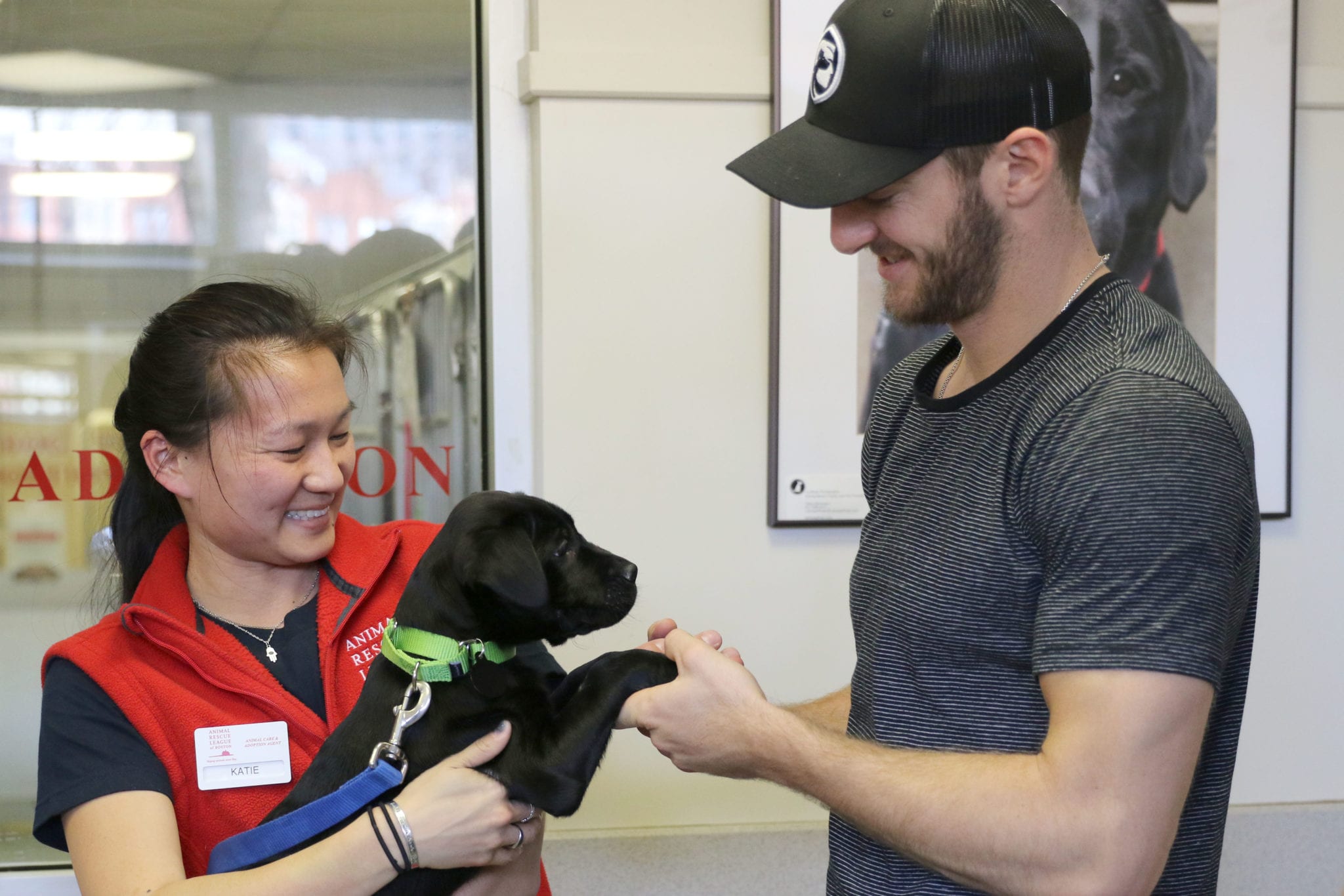
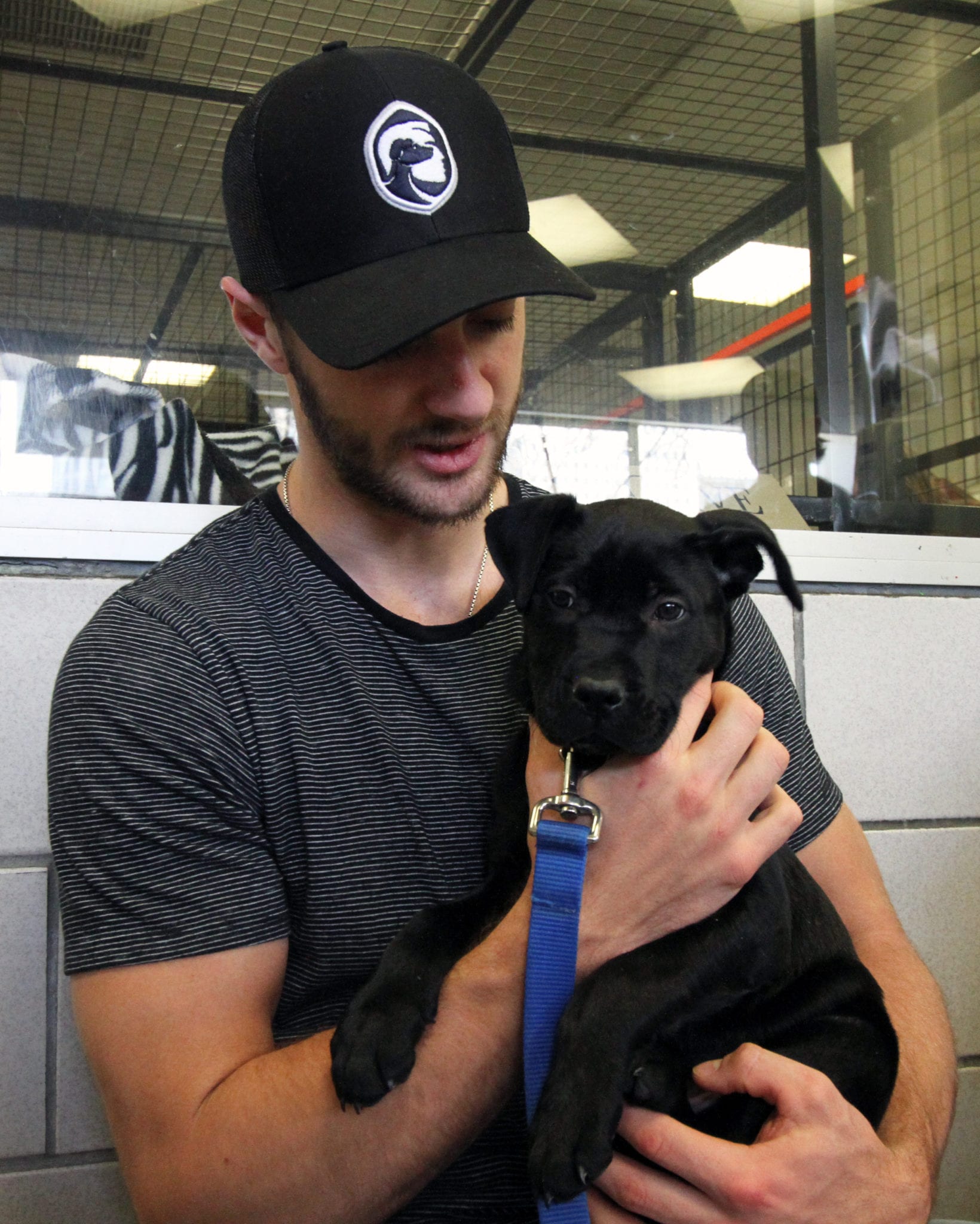
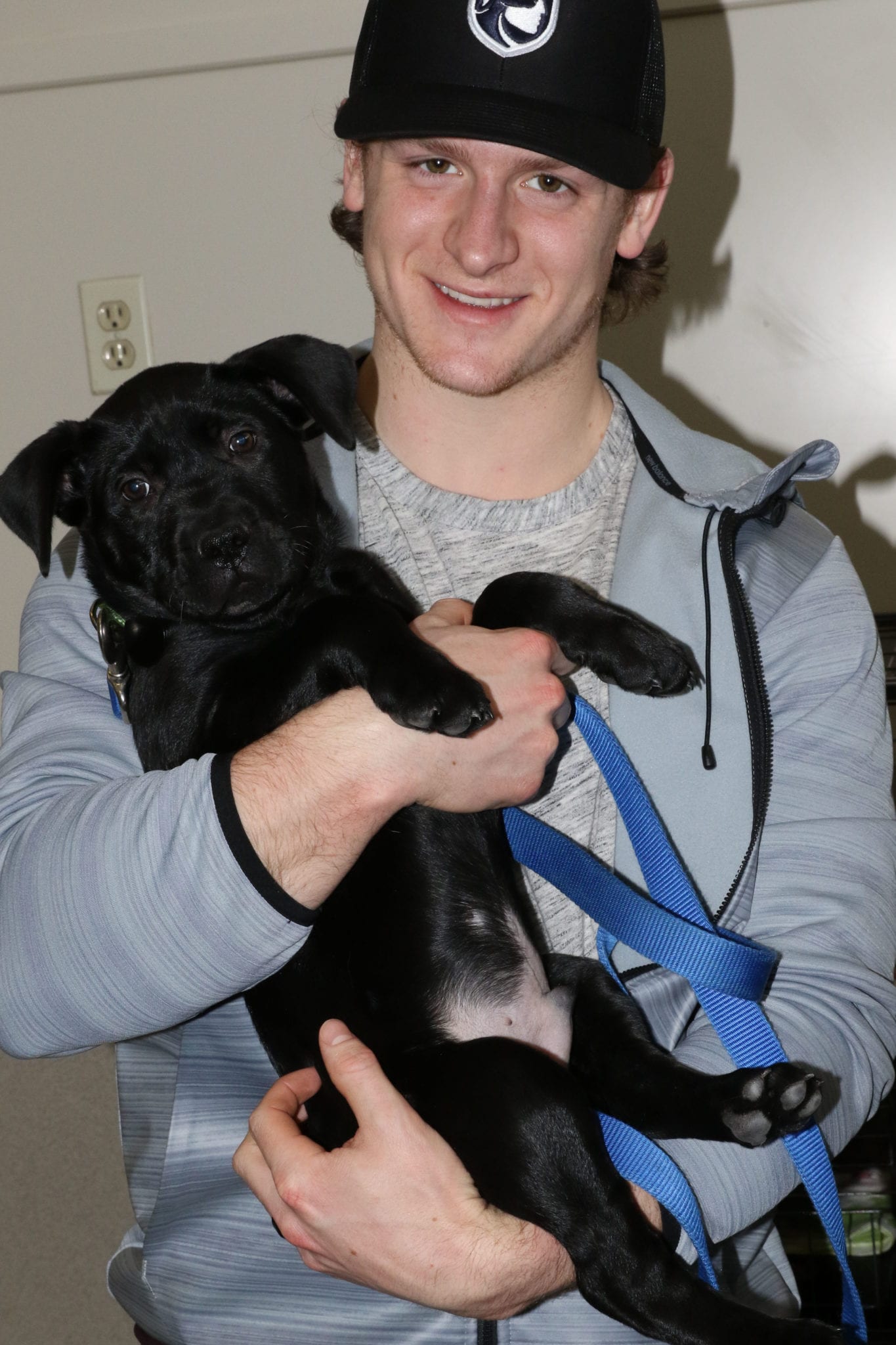



 In 2016, ARL served more than 17,800 animals throughout Massachusetts.
In 2016, ARL served more than 17,800 animals throughout Massachusetts.